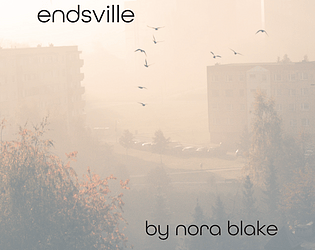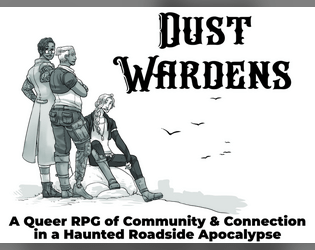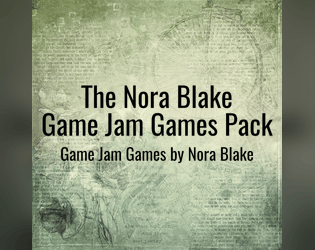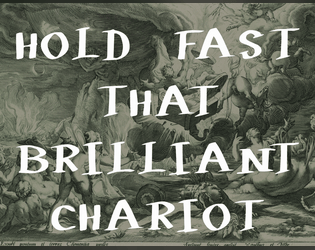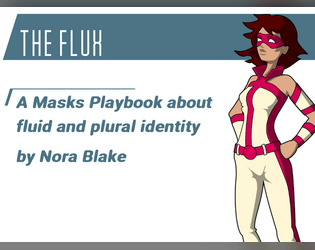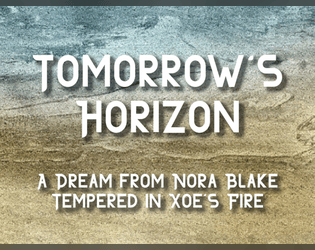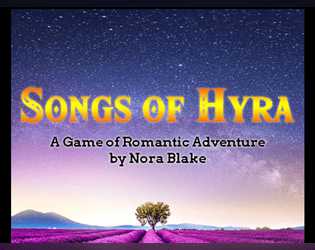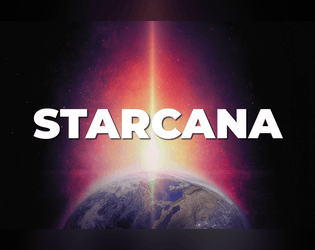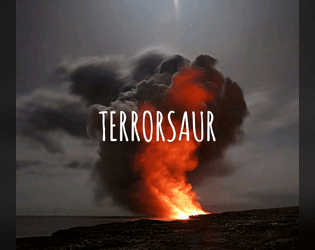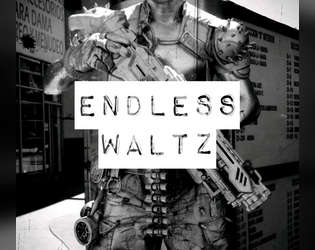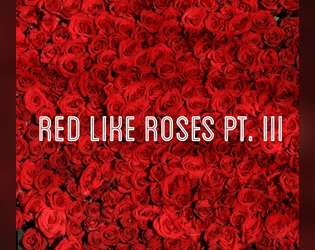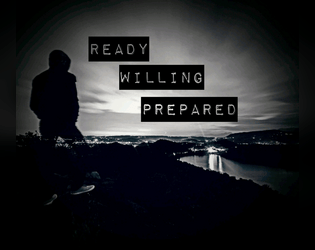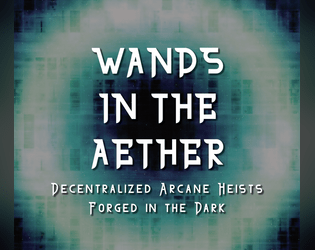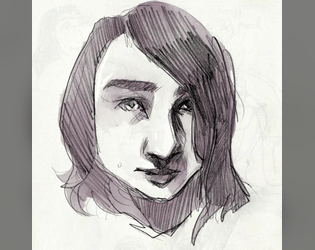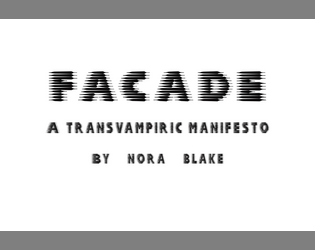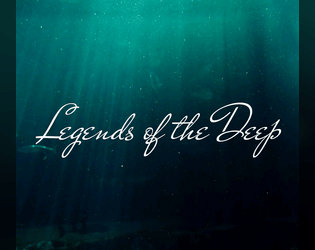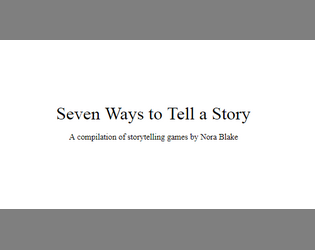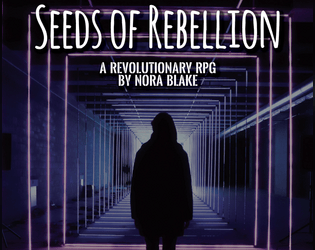like PbtA, belonging outside belonging is not a mechanical classification. The core element is that it be about a marginalized community on the edge of a larger society. Variations on mechanics only come into play if the person designing the game feels their game is too different or should not use the label.
Nora Blake
Creator of
Recent community posts
It's come up once or twice that some people aren't familiar with the phrase belonging outside belonging, so I thought I would take the opportunity to give a brief rundown.
In the back of Dream Askew/Dream Apart, Avery Alder describes the belonging outside belonging framework as being the line that connects Dream Askew and Dream Apart, the common threads that bind them together. These threads are:
- They are about marginalized groups establishing an independent community, just outside the boundaries of a dominant culture.
- Those communities have a hopeful, precarious, vulnerable quality to them.
- Both are for 3-6 players, each of whom has a unique character role.
- They divide their settings into distinct elements which are shared around the table.
- They employ a community worksheet.
Any game adhering to one or more of these design choices has the potential to be a belonging outside belonging game. Which leads us to...
But can I use the label?
Much like Powered by the Apocalypse, the phrase belonging outside belonging has a certain context in which the label is appropriate. In Avery's words:
It’s up to you to decide whether to use the label to describe your own work, but there are a few guidelines to consider. Most importantly, a game of belonging outside belonging is about a marginalized community attempting to live just outside the boundaries of a dominant culture. Beyond that, ask yourself: does this new game fit the established line? Did this chapter serve as a key reference in design? Does it feel right to adopt the label? Use it if it feels right.
I mean, I feel like it does give one answer why, but you're dismissing it out of hand much like all the other answers you've gotten in this thread. It seems you simply don't want to directly engage with the subtext of monsters (and themes as discussed above). That's fine and valid, but demanding other people justify their enjoyment of it while refusing to show them or their answers any respect is a good way to drive off conversation.
"Why does a dragon, or any large monster, need to have a deeper meaning beyond a potentially hostile encounter as a gate between party and treasure?"
I don't think there's anything wrong with acknowledging that every monster in D&D has a history in the real world, often tied to traditions and criticisms of those traditions.
Dragons especially are corporations and aristocracy; they hoard wealth, using impenetrable defenses and power both social and physical to take whatever they want from the world around them.
But, then, I am the person who sort of believes that "meaning-making" is more or less the core reason people exist at all, so. Grain of salt, I guess.
Hi there, I'm Nora Blake! I'm a mostly-girl-shaped object who uses she/her and zi/zin pronouns.
I write tabletop games, including the only vampire ttrpg in existence! I also do as many podcasts as I can.
For Wands in the Aether, I um. I took out the GM? And the crews. And the equipment. And the positioning/effect framework...and the playbooks...and the die outcomes.
It's gm-less and only has 6 actions (fight, flee, flirt, steal, sneak, summon). It uses Facade Dice. Oh also I changed stress so when you fill it up you choose a consequence from a list and start over (consequences like lash out at a friend, fumble a spell, etc). The only things really left intact are
- the actions being in categories that you roll to avoid consequences
- long term project clocks and downtime actions that help you manage stress or seek out assets between jobs
I'm still tweaking it, but yeah I stripped a lot of meat off there. My usual design philosophy is to always make a game smaller if I can, so there you go lol.
Well there's Exodus by Erika Shepherd, a game about trans angels on the run in a fascist dystopia, which had quite the successful Kickstarter.


